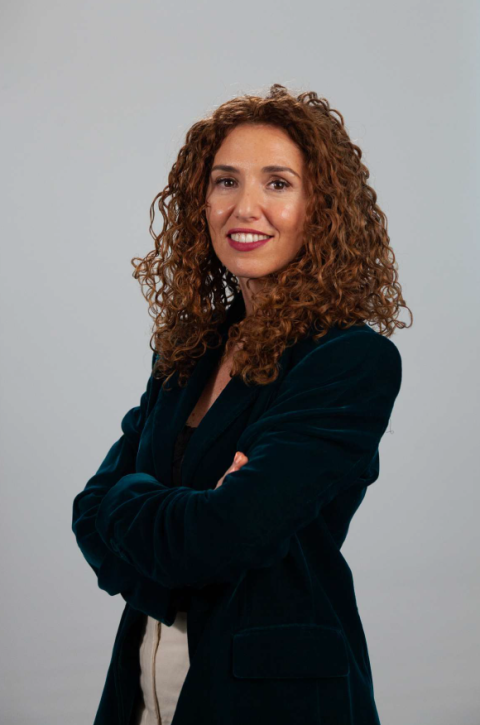Meet the Partners: Cementos La Cruz

Pilar Hidalgo Torrano @Cementos La Cruz
What are your main tasks in the project?
Our task in the project is to validate the use of lithium carbonate (Li2CO3) and the mining waste valorization in the cement industry. It is well known that the cement industry is responsible for 8% of the CO2 emissions at a global level. In order to achieve a considerable reduction of the carbon footprint of the cements, Cementos La Cruz is developing new sustainable cementitious materials. In the project, we will use lithium carbonate and aluminum silicate containing mining wastes that are arising from metals extraction. With these two products, we will on the one hand develop supplementary cementitious materials. These are silicoaluminous products that can be used as partial substitutes for clinker in cements. On the other hand, we will formulate new Portland-alkali hybrid cements from different mixtures of aluminum silicate and Li2CO3 with a small fraction of Portland cement and other materials with pozzolanic properties. This can be for example natural pozzolan, calcinated clay, biomass or carbon ash. All these new formulations will be characterized in terms of mechanical development.
What are your next steps in the project?
Our main role starts on the beginning of the second year of the project, when all the raw materials are ready to be characterized. In the meantime, we are working on other workpackages, in tasks related to communication, dissemination or sustainability.
Why do you think METALLICO is important for the general public?
The METALLICO project is of great importance for the environment as it aims to develop sustainable and environmentally friendly processes for mining and recycling battery metals in Europe. Cementos La Cruz is a key participant in the project. We will use mining waste and Li2CO3 to develop new cementitious materials with a low carbon footprint. This is significant as it will reduce the EU's dependence on imports of these metals, creates job opportunities, and promotes the circular economy. The new cementitious materials will also reduce cement and its associated CO2 production, thus contributing to the decarbonization of the industry.
Overall, the project aims to contribute to a more sustainable and ethical approach to mining and resource management in Europe, which will benefit the environment and society as a whole.
